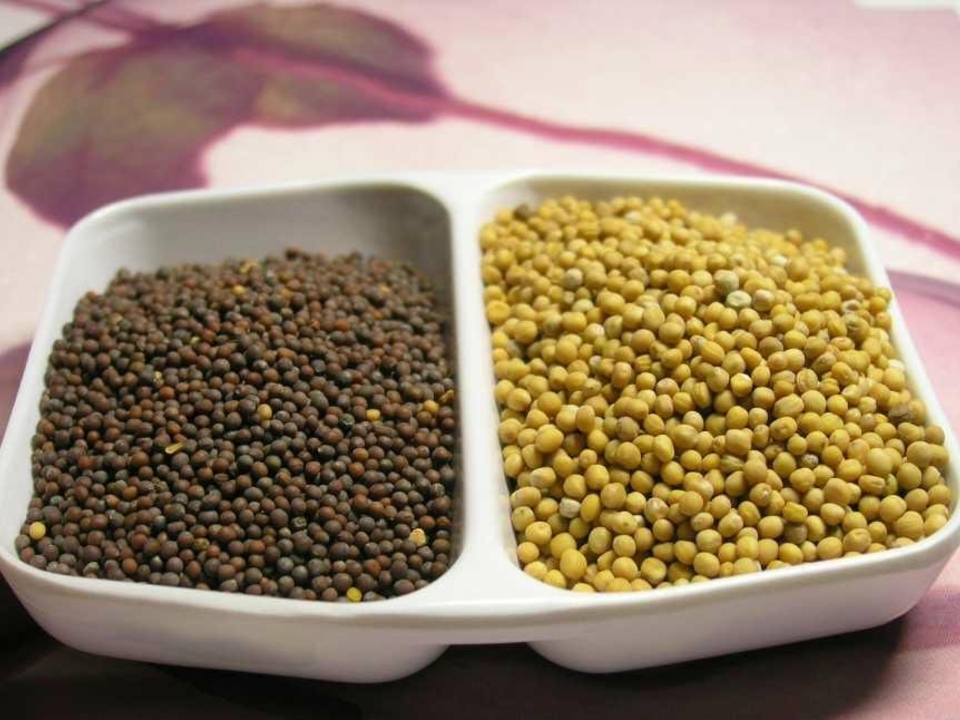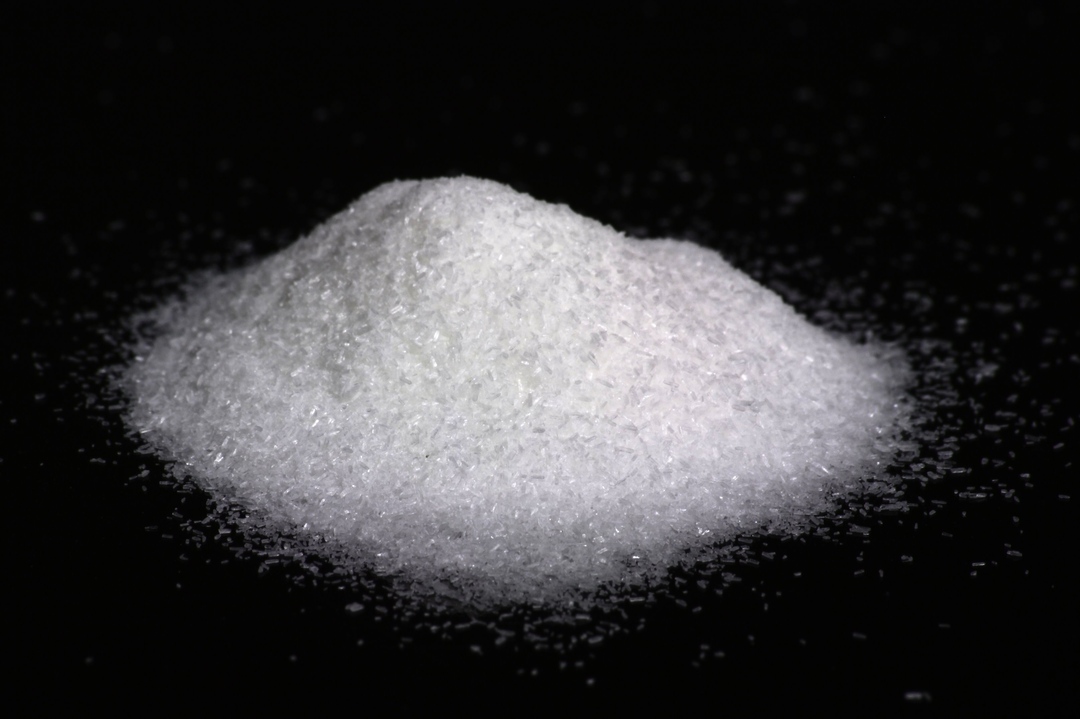Bitter pepper( pomegranate) - good and bad
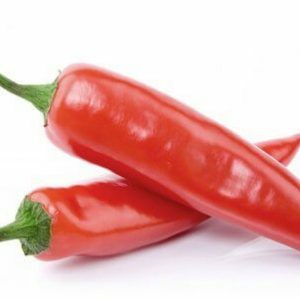
Cultivated bitter peppers began long before Columbus discovered America.Excavations of archaeologists prove that the Indians, who lived on the territory of modern Bolivia, were the first to try this seasoning.Wild varieties of pepper grow only in a tropical climate, domesticated same can be found in temperate and subtropical latitudes.
The product contains alkaloid capsaicin, which gives it a burning acuity.Most of this substance in the inner plates and seeds.To ease the bitterness, it is recommended to clean out the pepper "insides".
Interesting! The color of the fruit, depending on the variety, can be different: yellow, red and even dark purple.Than fresh pepper, the paler its shade.It is necessary to him slightly to dry up, the color becomes more sated.
Ingredients and caloric content
Nutritional value 100 g:
- Calories: 512 kcal
- Proteins: 8.8 g
- Fats: 38.5 g
- Carbohydrates: 31.6 g
It is worth looking at the chemical composition of the bitter pepper, It becomes clear - this product is able to bring immense benefit to the body.
The fruit contains :
- saturated fatty acids;
- mono- and disaccharides;
- dietary fiber;
- ash and water.
Vitamin series:
-
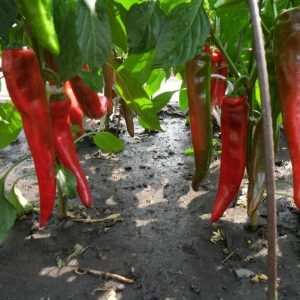 Vitamin A - responsible for the state of cells and the formation of skin and mucous membranes, promotes the healing of wounds;
Vitamin A - responsible for the state of cells and the formation of skin and mucous membranes, promotes the healing of wounds; - vitamin C - strengthens the immune system, protects against infections;
- beta-carotene - a source of longevity and good vision;
- thiamine( B1) - "cleans" the body and cleaves harmful acids;
- riboflavin( B2) - produces hemoglobin and red blood cells, accelerates metabolism;
- pantothenic acid( B5) - activates the brain activity, promotes the regeneration of tissues;
- pyridoxine( B6) - promotes the proper functioning of the heart and blood vessels, stabilizes the processing of cholesterol;
- choline( B4) - supports the work of the liver, accelerates the metabolism;
- Vitamin E( tocopherol) - has an antioxidant effect;
- Vitamin K( phylloquinone) - strengthens and mineralizes bone tissue;
- Vitamin PP( niacin) - is involved in the metabolism and synthesis of protein.
Mineral substances :
- selenium - has an effect on the body as a whole;
- Calcium - essential for bones, nails, teeth and muscles;
- potassium - is necessary for liver and kidney function;
- sodium - takes an active part in the exchange processes;
- phosphorus - positively affects the work of the nervous system;
- iron - is involved in the formation of hemoglobin;
- manganese - acts as an antioxidant.
Benefits for humans
First of all, bitter pepper is useful for people suffering from bronchial asthma and allergic reactions of various origins.Also, some of the components that make up the product stabilize the secretion of the stomach and digestion.In disorders of the gastrointestinal tract and infections it is recommended to be used as an excellent bactericidal agent.
Thanks to the extensive multivitamin formulation, the product:
- prevents the formation of blood clots, improves blood circulation, strengthens the heart muscle;
- helps in the fight against depression, anemia, osteoporosis;
- facilitates the condition in diabetes mellitus;
- increases immunity to colds;
- increases blood pressure;
- stabilizes the pancreas.
Bitter peppers are used for external beauty.So, some cosmetic firms add extract from fruits to lotions for strengthening and growth of hair, and also in anti-cellulite creams as a heating component.
In folk medicine, the product is used as a medicine for strengthening nails and teeth, as well as for healing non-dangerous wounds on mucous membranes.
Important! Pregnant women are not forbidden to drink bitter pepper, but only in moderation.Acuity causes a strong thirst, and as a consequence - there may be swelling.
Harmful and contraindications
Burning fruit can aggravate the condition of people with the following diseases:
- angina;
- hypertension;
- arrhythmia;
- chronic kidney and liver diseases;
- gastritis and gastric ulcer( up to internal bleeding);
Application in cooking
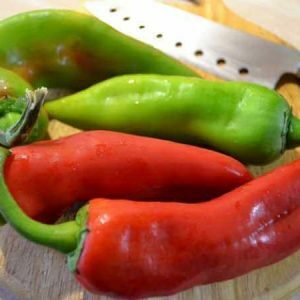 Bitter pepper is used as a condiment in all countries of the world.The product is used for the preparation of marinades.It can be added to meat, fish, vegetable dishes, as well as soups and side dishes.Some, not too sharp varieties, are eaten as an independent dish - they brew, quench, salt and even stuff.
Bitter pepper is used as a condiment in all countries of the world.The product is used for the preparation of marinades.It can be added to meat, fish, vegetable dishes, as well as soups and side dishes.Some, not too sharp varieties, are eaten as an independent dish - they brew, quench, salt and even stuff.
You can not do without the dried red pepper in the kitchen - it goes well with basil, coriander and garlic.
Using bitter pepper in cooking, you need to remember - everything is fine in moderation!Do not abuse, and then the product will only benefit you.


